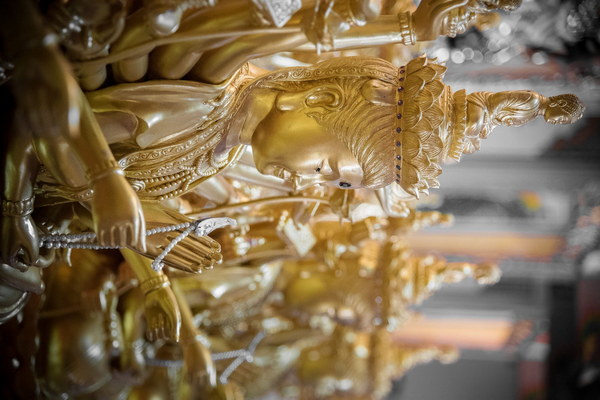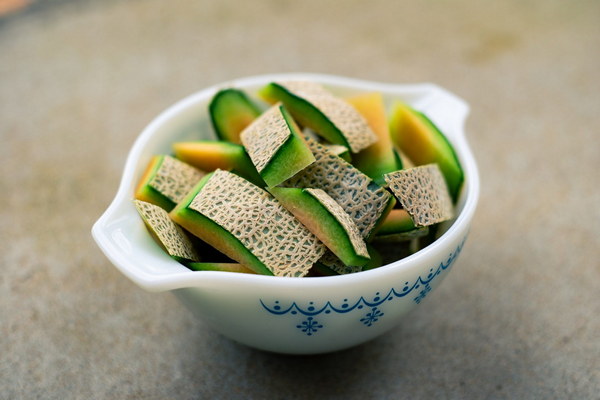Nourishing the Body A Guide to Tackling Deficient Fire with Diet
In traditional Chinese medicine, the concept of deficient fire refers to a condition where the body's internal fire, or yin, is depleted, leading to symptoms such as fatigue, low energy, and a general feeling of weakness. To combat this imbalance, a diet rich in nourishing foods is recommended. This article will explore the principles behind nourishing the body with food to address deficient fire, as well as provide a list of foods that can help restore balance and vitality.
Understanding Deficient Fire
Deficient fire can be caused by various factors, such as excessive stress, poor diet, or chronic illness. It is characterized by a deficiency in the body's yin, which is responsible for providing the necessary energy and warmth to maintain optimal health. When yin is depleted, the body's metabolism slows down, leading to a variety of symptoms that can significantly impact one's quality of life.
To nourish the body and address deficient fire, it is essential to consume foods that are cooling and moistening, as these properties help to replenish the body's yin. By incorporating these foods into your diet, you can help alleviate symptoms and restore balance to your body.
Foods to Nourish Deficient Fire
1. cooling fruits and vegetables: Cooling fruits and vegetables are excellent for replenishing the body's yin. Some examples include watermelon, cucumber, celery, and papaya. These foods can be consumed raw or in salads to maximize their cooling properties.
2. leafy greens: Dark leafy greens such as spinach, kale, and Swiss chard are rich in vitamins and minerals that support overall health. They also have cooling properties that help to nourish the body's yin.
3. nuts and seeds: Almonds, walnuts, and sesame seeds are great sources of healthy fats, protein, and minerals. These foods help to nourish the body and support the immune system, making them an excellent addition to a diet aimed at addressing deficient fire.
4. whole grains: Brown rice, quinoa, and buckwheat are all whole grains that can help to nourish the body and provide sustained energy. These grains are also rich in B vitamins, which are essential for energy production and overall health.
5. legumes: Legumes such as lentils, chickpeas, and black beans are excellent sources of protein, fiber, and other nutrients that support the body's yin. They can be consumed in soups, stews, or as a side dish.
6. herbs and spices: Herbs and spices such as ginger, cinnamon, and licorice root have warming properties that can help to balance the body's yin and yang. These can be used in cooking or as tea infusions.
7. animal products: While animal products are typically considered to be warming, some can be beneficial for addressing deficient fire. Chicken soup, bone broth, and lean meats like turkey can help to nourish the body and provide essential nutrients.
Incorporating Nourishing Foods into Your Diet
To incorporate nourishing foods into your diet, consider the following tips:
1. Include a variety of cooling and moistening foods in your meals, such as fruits, vegetables, and whole grains.

2. Use herbs and spices with warming properties to balance the body's yin and yang.
3. Choose animal products that are lean and cooked in a way that preserves their nutrients, such as bone broth or gently cooked meats.
4. Stay hydrated by drinking plenty of water and herbal teas that are known for their cooling properties, such as peppermint or chamomile.
5. Pay attention to your body's reaction to certain foods and adjust your diet accordingly. If you experience discomfort or an exacerbation of symptoms, it may be necessary to eliminate certain foods from your diet.
By following these guidelines and incorporating a variety of nourishing foods into your diet, you can help address deficient fire and restore balance to your body. Remember that it may take some time for you to notice changes, as the body's internal balance can take time to adjust. With patience and persistence, you can achieve a healthier, more balanced lifestyle.









